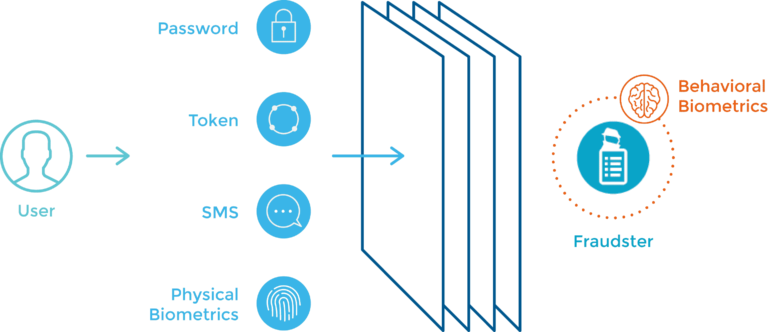

How BioCatch increased stability with ML-powered insights

-
Industry
Computer & Network Security
-
Type
B2B
-
Headquarters
Tel Aviv-Yafo, Israel
-
Impact
– Unified 1.5TB of daily log data
– Log aggregation reduces the time to search for logs and troubleshoot
– Complete team adoption
| 70 | Members actively using Coralogix |
| 455 | Avg. daily log queries |
| 834 | Version releases analyzed |
About the company
BioCatch was founded in 2011 by experts in neural science, machine learning, and cybersecurity. Today, the company offers a number of innovative solutions to help secure the world’s largest banks and enterprises from next-generation cyber threats.

Overview
Like many other companies, BioCatch was using a self-managed ELK stack for log analytics, but with the increased volume (over 1.5TB of daily logs), it was becoming harder to manage – and more importantly, to make sense of the logs. The Coralogix support team had BioCatch logs streaming in and providing insights within 2 weeks. Today, 71 team members actively using Coralogix to derive clear insights every day.
The challenge
Over the past few months, BioCatch was seeing exponential growth in their daily log volumes. Of course one of the drivers of this was a growing customer base, but this was also fueled by the fact that it had added more logging elements, as this had proven very useful to the team.
Dekel Shavit, VP of Operations & CISO at BioCatch, explains: “at BioCatch we see logging as a critical pillar for operational excellence; we use logs to make accurate business and technology decisions in real-time, on a daily basis.”
Like many other companies, BioCatch was using an ELK for log analytics, but with the increased volume (over 1.5TB of daily logs), it was becoming harder to manage – and more importantly, to even make sense of the logs.
The sheer volume of log data being produced means that there are thousands of syntax permutations and a barrage of data that humans just can’t organize manually. It also means that no matter how well-resourced a DevOps team may be, relying on a human review of logs is a stretch, if not impossible (and certainly prone to errors and time-inefficiencies).
The solution
Coralogix automatically clusters millions of log records back into their patterns and finds connections between those patterns to form the baseline flows of each piece of software individually, thus helping companies get a hold of their log data and proactively solve their production problems.
So BioCatch started using the Coralogix log analysis solution, to provide an ML-based log analytics service. The solution automatically mapped the company’s software flows and began detecting production problems and delivering pinpoint insights that the team then used to handle bugs. Shavit was more than impressed with the impact this had on the organization.
The architecture
Coralogix is a hosted solution built on AWS. The basic setup includes EC2, ALB/ELB to scale APIs to any size and Spot instances to reduce customer costs. On top of it, Coralogix uses AWS Lambda to easily ship the data from BioCatch to Coralogix, without any installation on the customer’s side. Another service used by Coralogix for archiving purposes for data compliance and recovery is S3.
On the first day, and without any customization whatsoever, we already received new insights. A week in, and our Ops teams across the board were already able to get so much more out of our data. – Dekel Shavit, VP of Operations & CISO
Summary
Coralogix, or the hosted Kibana, can be used to query data, view live log streams, and define dashboard widgets for maximum control over your data. In the words of Dekel Shavit from BioCatch, “I’m excited to see how we will leverage the Coralogix platform down the road to do more with our logs.”


